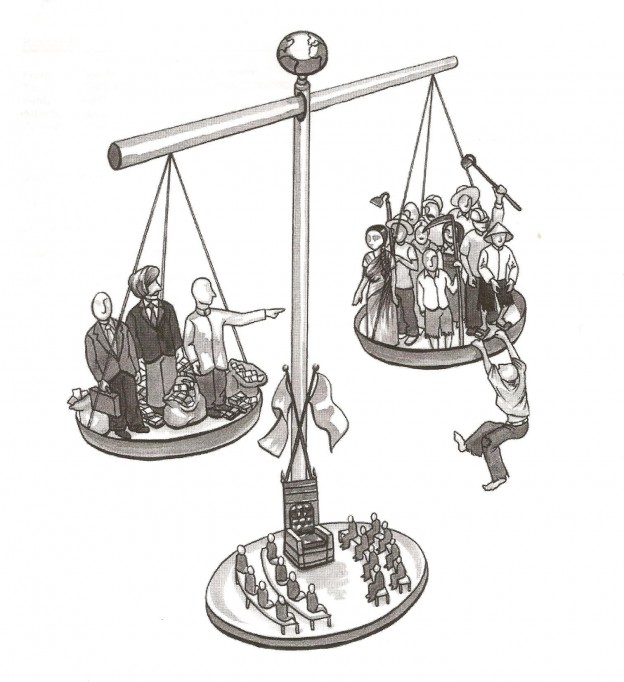Social democracy is one of the vaguest terms in the political vocabulary, yet it refers to a regime of considerable importance. Originally, social democrats were socialists who thought the surest path to societal transformation in emergent liberal democracies lay in building popular support through competitive party politics and social-movement organization. Since the 1960s and 1970s, however, social democrats have dropped references to socialist goals in favour of promoting a progressive, domesticated form of capitalism. But what precisely does this latter goal entail? Today, “socialist” parties in competitive party systems often have platforms that suggest a social-democratic orientation, whereas parties labelled “social-democratic” or “labour” pursue policies little different from those of the neoliberals. How can we resolve this definitional riddle? Continue reading

What is social democracy?
Leave a reply